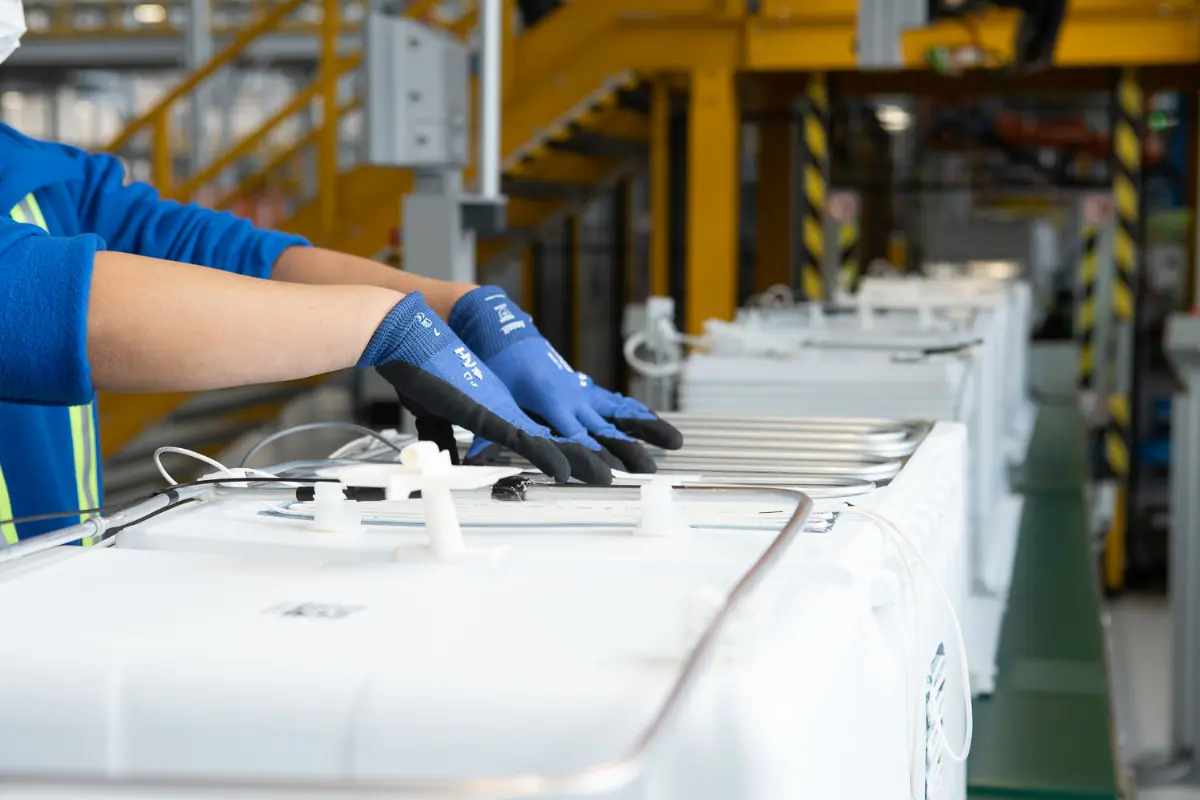
Vuoi accedere a questo ed altri contenuti riservati?
Accedi se sei abbonato o fai click qui per richiedere il servizio
Electrolux case worries Americans
From the U.S. suspicion that Italy penalizes Yankee investments in favor of Chinese ones

As if all the employment woes that, in Italy and other locations around the world, are mowing down Electrolux's production of home appliances were not enough, here now the case becomes a political querelle with the United States pitted against China on the battleground that includes Italy. For the past few days, in fact, the spotlights of the U.S. administration have been on Electrolux. The future...
fc - 29728
EFA News - European Food Agency
◄ Torna alla pagina precedente
EFA News - European Food Agency